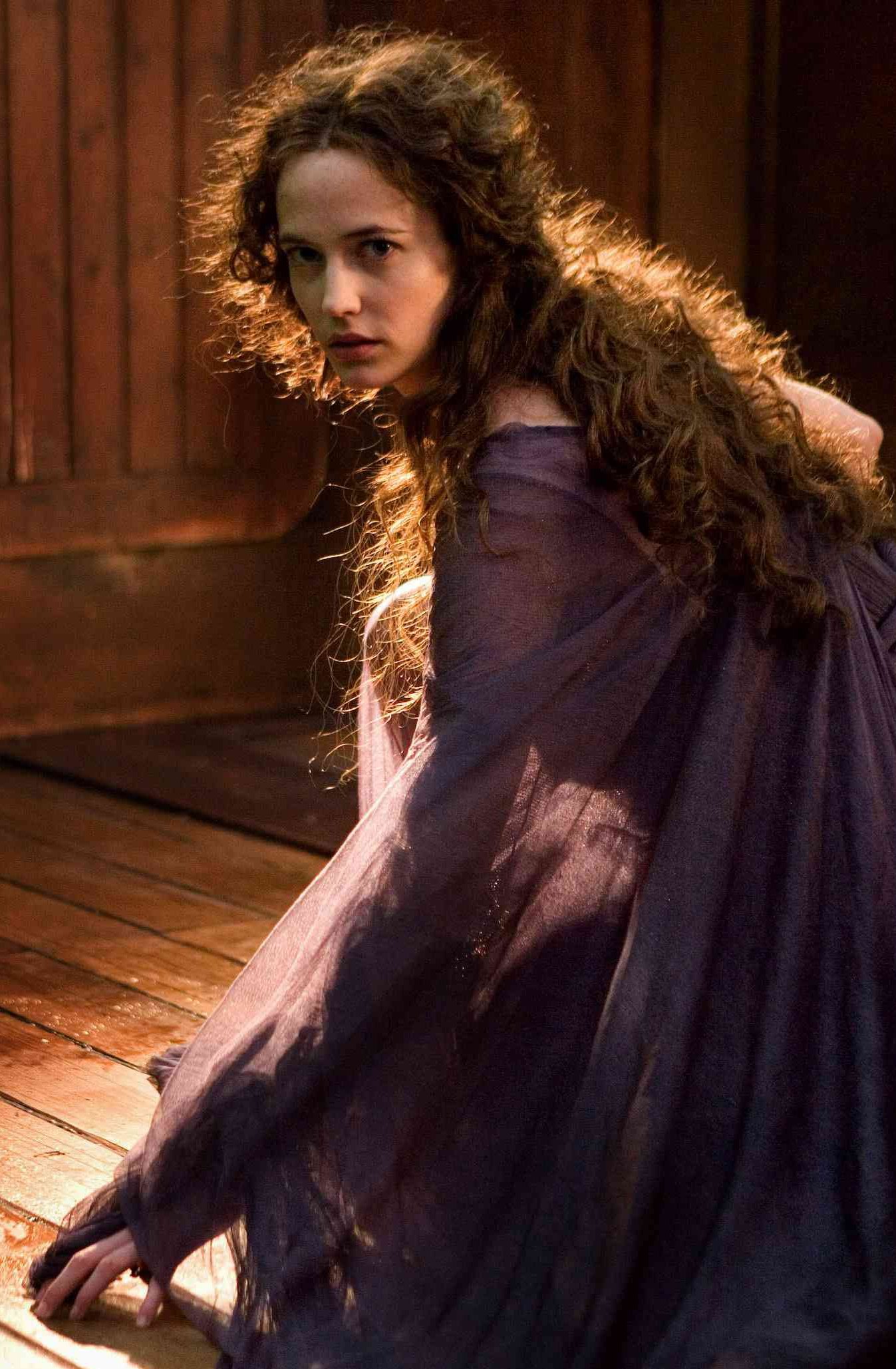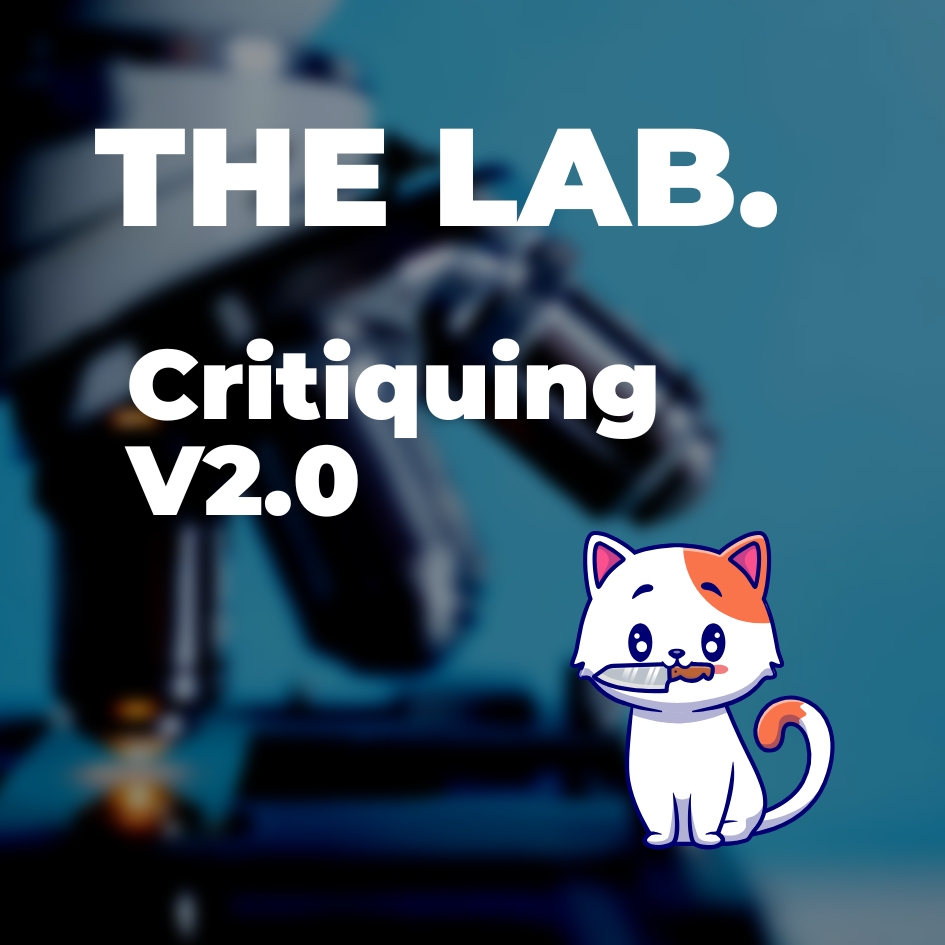I'm curious to understand why the Belgariad series by David Eddings hasn't been turned into a movie. Which got me asking myself what are the factors. It's an epic fantasty similar to LotR. Maybe that's it?
The questions immediately motivated me to pose it here
Oh...he said no. Well this is a short thread
The questions immediately motivated me to pose it here
Oh...he said no. Well this is a short thread





